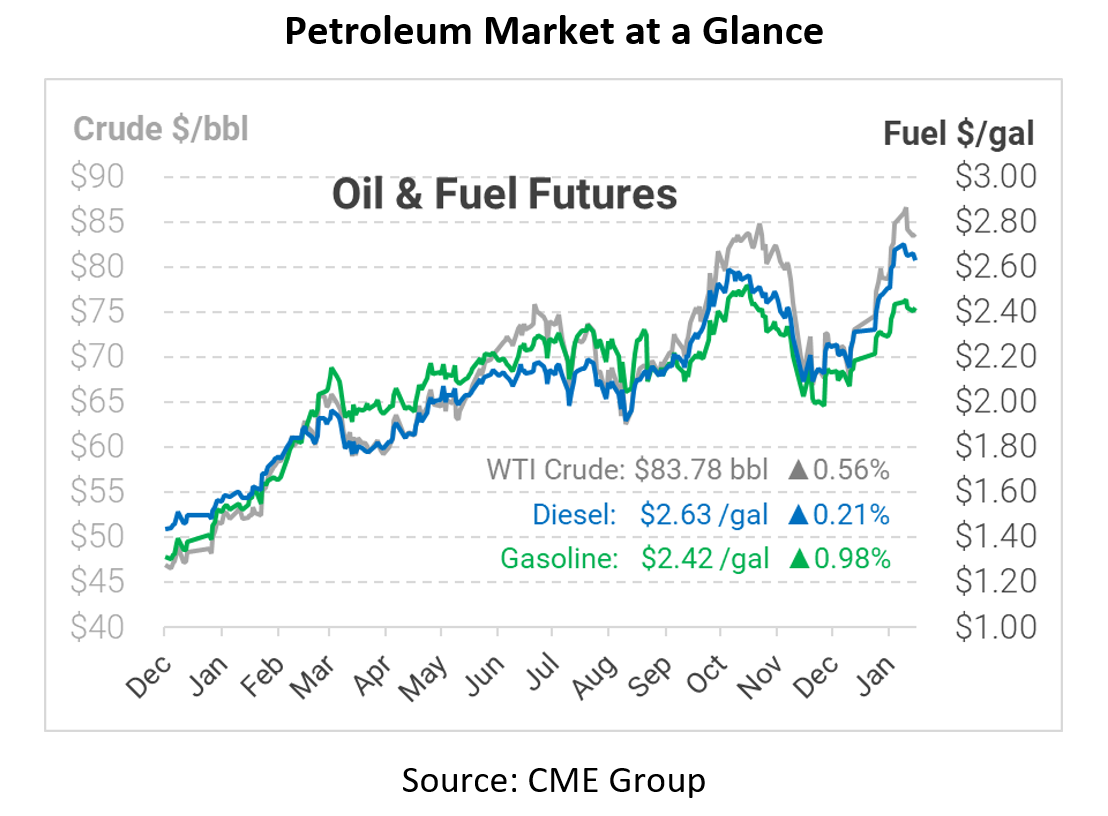
Are Electric Vehicles Cleaner?
The debate between standard emission vehicles and electric ones has been debated for the past few years. Still, it has recently begun to make more headlines as more and more companies choose to dedicate resources toward all-electric fleets. The main question that stems from the ongoing debate is whether or not these electric vehicles (EV) provide an advantage to the environment or if it is not as drastic as some make it out to be.
This week the Fuels Institute released a new report that outlines the life cycle carbon emissions of battery electric (BEV), internal combustion engine (ICEV), and hybrid electric vehicles (HEV). The report outlines a few critical facts: percentages of greenhouse gases emitted, total emissions generated from these vehicles, total cost comparison of operating these vehicles, and much more.
So, after looking at the report, are electric vehicles cleaner? The answer seems to be yes. According to the report, although BEVs produce more upfront emissions during the manufacturing process, they quickly reduce total emissions, breaking even at around 19,000 miles. Over the course of its life, an ICEV will emit 66 tons of GHGs, compared to just 47 tons for HEVs and 39 tons for BEVs. This shows a significant difference between traditional vehicles compared to electric and hybrid. Of course, the emissions of BEVs varies significantly depending on the electrical power source – markets using solar and wind power will reduce emissions much more than those reliant on coal power.
While some consider the electric vehicle debate to be one of the modern times, it has been a debate as far back as 1832, when the first crude electric vehicle was developed. The electric car has a storied history that travels back further than we would imagine, but it continues to grow in importance and relevance.
This article is part of Daily Market News & Insights
Tagged:
MARKET CONDITION REPORT - DISCLAIMER
The information contained herein is derived from sources believed to be reliable; however, this information is not guaranteed as to its accuracy or completeness. Furthermore, no responsibility is assumed for use of this material and no express or implied warranties or guarantees are made. This material and any view or comment expressed herein are provided for informational purposes only and should not be construed in any way as an inducement or recommendation to buy or sell products, commodity futures or options contracts.







